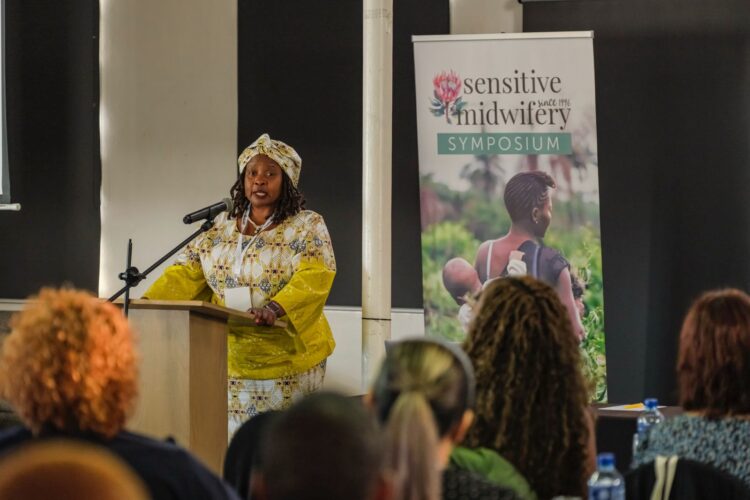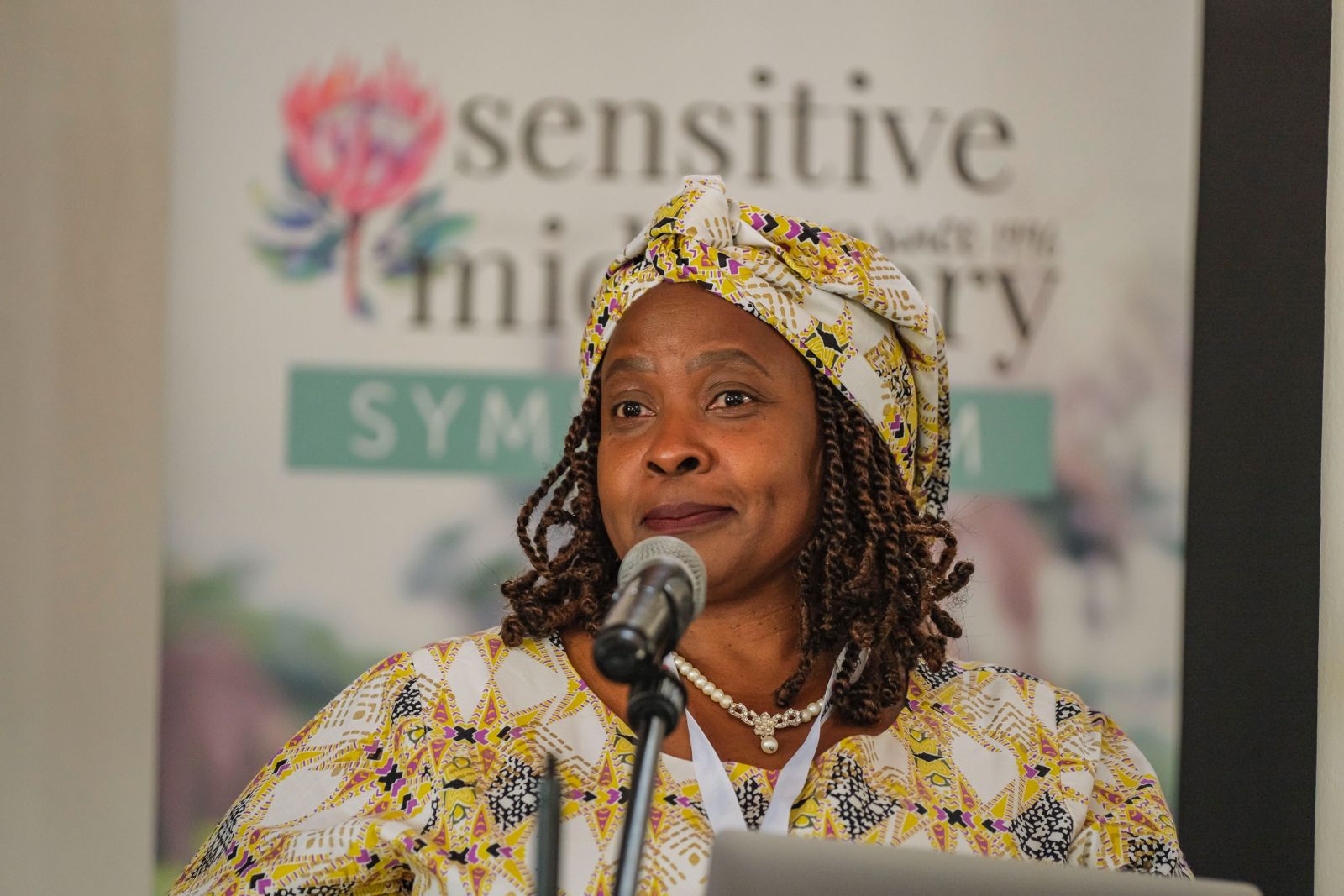A Day in the Life of Prof Doreen Kaura, Midwife and SRHR Research Leader

Prof Doreen Kaura is a midwife, researcher, and educator currently based in Cape Town, South Africa. At the time of this interview, she was working at Stellenbosch University. She has since taken on a new role as full professor at the University of the Western Cape.
She was born in Meru, Kenya, where her passion for maternal health was sparked during a life-changing encounter with a woman giving birth alone on the roadside. Today, she is a full professor at the University of the Western Cape and continues to advocate for midwife-led, culturally respectful, and data-informed care throughout the continent.
Doreen’s academic journey began at Kenya Medical Training College and took her to the University of Botswana, the University of Eastern Finland, and eventually to South Africa, where she completed a PhD in maternal health informatics. Her research focuses on strengthening sexual and reproductive health and rights (SRHR) through improved care coordination and more effective health information systems.
She has helped reshape midwifery education by advocating for the separation of midwifery from general nursing programmes, pushing for direct-entry midwifery education, contributing to the development of Kenya’s direct entry programme in midwifery, and building research capacity across Kenya, Ghana, and South Africa.
In recent years, Doreen has supervised multiple doctoral candidates across Africa whose research explores issues like maternal near-miss events, adolescent sexual health, cultural sensitivity in intrapartum care, and standardising pre-service midwifery education. She also leads the E3 project, which focuses on enabling women within their communities and improving intrapartum care as a way to reduce maternal mortality in Africa.

This is a day in her life:
I usually wake up around 6:30 or 7:00 a.m. Before doing anything else, I sit in bed with a cup of coffee. That quiet moment helps me centre myself. I take time to reflect, and to set intentions. It’s not about checking my calendar, but about asking myself what I want from the day. That grounding gives me clarity and purpose.
By 8:00 a.m., I’m usually at the university. If I have lectures, they start at 9:00 and go for most of the day. When I teach, I’m not just delivering content. I’m shaping the next generation of health professionals. Whether it’s a hands-on simulation or a discussion about continuity of care, I aim to make learning real and relevant. We talk about what matters in our African context and what midwives really face in the health system.
Throughout the morning, I might also have meetings with global or regional groups. I’m involved with the WHO and several strategic committees focused on unifying midwifery in Africa. These conversations let me advocate for gender equity, disability-inclusive care, and better SRHR services across the continent.
I always make time for a proper lunch, often with colleagues. That hour of laughter and conversation is something I look forward to. It’s a small but important ritual that reminds me we’re not doing this work alone.
My afternoons are often packed with student supervision and research. I meet with my master’s and PhD students to go over their work—they’re exploring everything from maternal near-misses and adolescent sexual health to the role of traditional birth attendants and strengthening midwifery education. I never write articles alone; my students are always co-authors. Their perspectives matter, and building knowledge together is part of how I mentor.
I also review drafts, contribute to academic journals, and mentor early-career professionals. I’m a section editor for a journal focused on primary health care, where I help get midwives’ voices into peer-reviewed spaces.
From 4:00 p.m., I often turn to community engagement work. I lead local projects focused on culturally responsive care, grounded in data and led by the needs of women in the community. On other days, I play squash—I love the energy of racket sports. It helps me unwind and stay sharp. I also play the guitar. My teacher says I’m still learning, but I’m determined to get better.
Most evenings include a bit of reading or reviewing a section of a student’s thesis. I try to limit work late into the night now, though I used to work until 2:00 a.m. regularly. These days, I know rest matters.
Her Reflections
What keeps me going is the transformation I see in my students. When I hear someone say,
“You can tell that’s one of Doreen’s students,”
it makes me proud. I want to build people who build systems. I want to see students who can one day be the midwife for my daughter or my community—people who truly understand SRHR and make care better for everyone.
I always say: if you’re in my class, you have to be able to talk about sex. You have to talk about abortion, menstruation, infertility, pleasure. These are midwifery issues. Too many girls and boys in Africa are growing up without SRH information or care they need. No woman should ever give birth by the roadside without a competent midwife. Midwives can change that—and that’s why I do what I do.
Prof Kaura’s latest research can be found here.